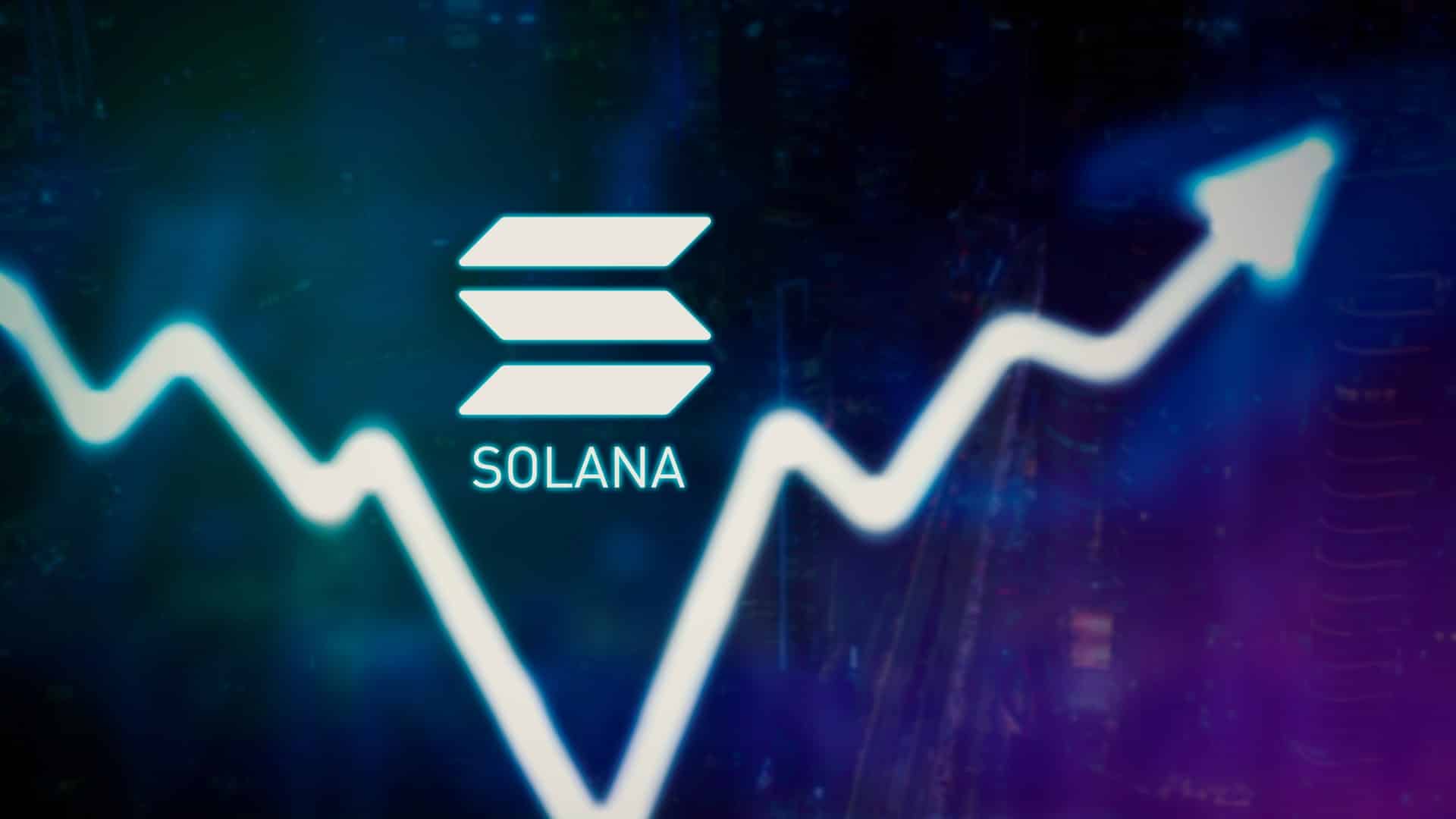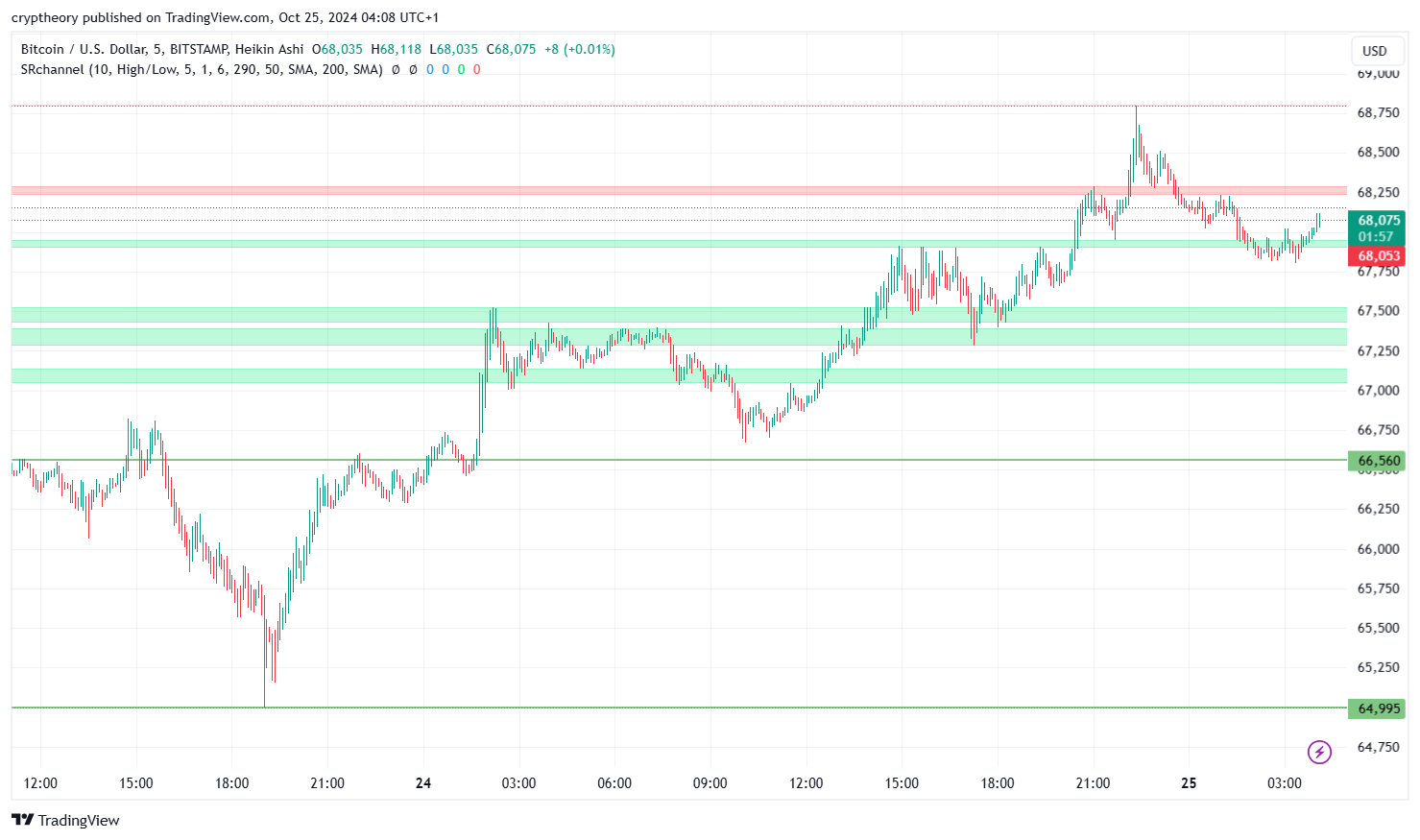The cryptocurrency market is booming, driven by the appreciation of assets such as Bitcoin. However, Ethereum, the world’s second-largest cryptocurrency, is facing a significant decline in interest, especially in the staking segment.
According to data from the Kaiko platform, demand for Ethereum staking slowed down in 2024, highlighting a shift in focus among investors, who have been looking for more profitable staking options on other blockchains.
The diversification in the staking market indicates that investors are increasingly aware of the opportunities offered by networks such as Cosmos, Polkadot and Solana, where yields exceed those of ETH.
Kaiko’s report highlights that, although ETH staking has established itself as a benchmark in decentralized finance, the return currently offered does not compete with the alternatives emerging in the market.
Ethereum Validator Queue Drops as Investors Diversify
Since August, the queue for ETH validators has reduced dramatically, now averaging less than a day. This is a far cry from the 45-day wait times seen in 2023.
This decrease, combined with the drop in staking returns, is leading investors to seek more attractive alternatives, in protocols that offer much higher rewards. These can reach up to 21%, far above the average ETH staking yields.
The Lido platform, which dominates approximately 28% of the ETH staking market, saw a modest 5% growth this year, contrasting with the 90% increase in 2023.
This movement suggests that both institutional and individual investors are opting for diversification, seeking higher returns that are less tied exclusively to Ethereum.
Spark and Morpho challenge Ethereum dominance
The emergence of new staking platforms with promises of high returns, such as Spark and Morpho, is beginning to challenge ETH dominance in the decentralized finance (DeFi) universe.
These emerging protocols are offering attractive alternatives to ETH staking, capturing the attention of users who previously focused on Ethereum as the default choice.
This competitive landscape directly impacts the volume of ETH used as collateral in DeFi protocols. Evidence of this change is the significant drop in the share of (w)stETH deposited on platforms such as Aave. This fell from 46% at the beginning of the year to 27% last week.
Above all, this pullback indicates that investors are increasingly open to exploring other options, seeking platforms that offer more aggressive rewards.
Finally, while ETH still plays a key role in DeFi, the interest in higher-yielding assets reveals a shift in investor preferences.
- Bitcoin Whales Cash In Millions Amid Recent Rally - November 20, 2024
- Hidden Pattern on XRP Charts Suggests a 500% Surge – Is It Finally Moon O’Clock? - November 20, 2024
- $PNUT Up 325% In 7 Days, Heading To New Record – Will This New Altcoin Be The Next Hot Deal? - November 19, 2024
























